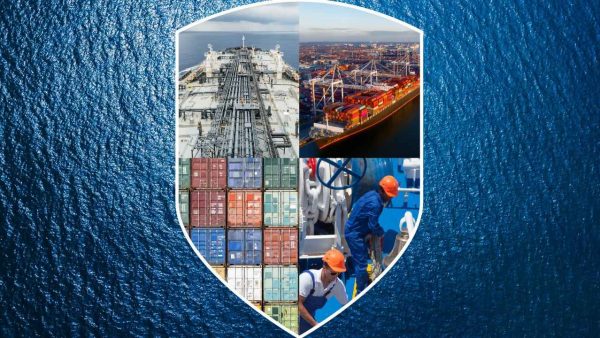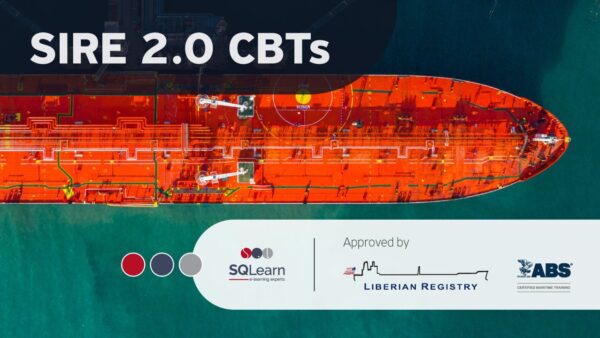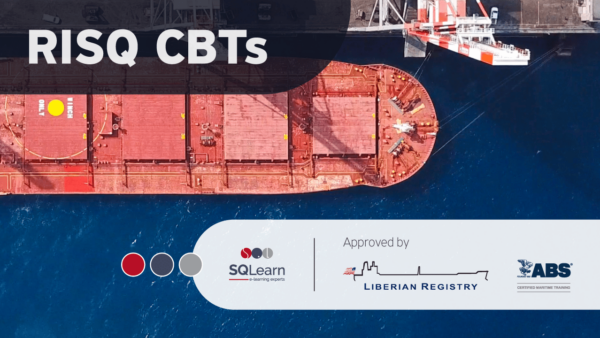AI in everyday maritime operations: Using RAG technology for daily tasks and decision-making
Artificial intelligence (AI) is rapidly transforming the maritime industry, not just through futuristic visions of autonomous ships, but by quietly revolutionizing the way shipping companies manage daily operations, compliance, and decision-making.








